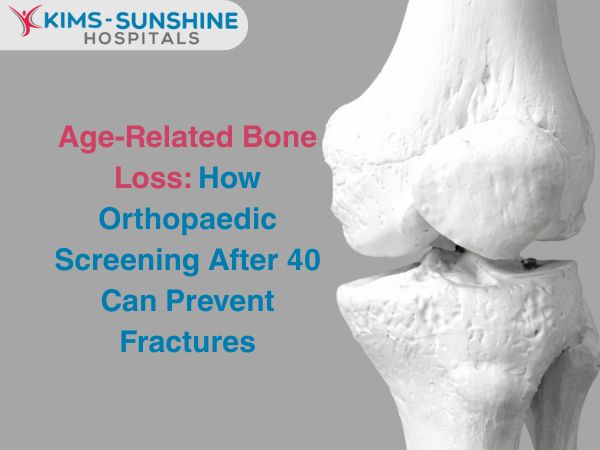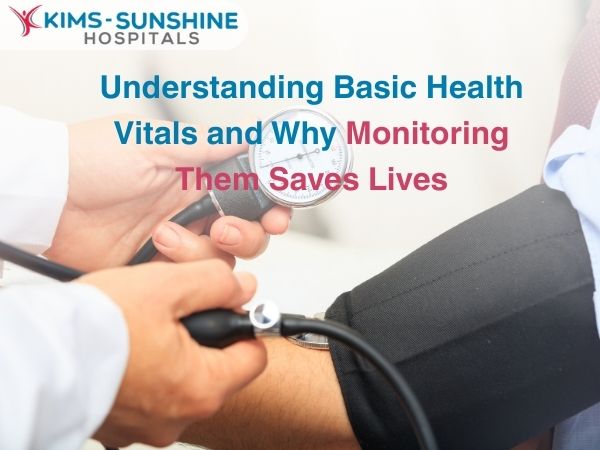
How Many Calories Do You Really Need Daily? Find Out Based on Your Lifestyle!

We all know that our body derives energy to run all cellular processes- from the food we eat. Now, how much we eat is also super important- along with the when. Plus, what we eat is broken down to energy in the form of a particular unit- called calories per day. On a loosely based average, women need less calories than men due to size and weight though it may be different if someone is pregnant or breastfeeding. In general though, women need about 1500 calories to maintain their current weight, while it is 2000 calories for men. But this is not very useful, as calories need to be measured based on how much activity you undertake and how sedentary your daily life is. If you are more physically active, then the caloric requirement is much higher- 2500-3500 per day for women and men respectively. Let us try to answer 4 common questions people tend to have, below with respect to weight management.
How To Calculate Daily Calorie Needs Based On Activity Level?
Though the values mentioned above are highly generalised, daily caloric intake needs to be calculated based on age, gender, activity level and size (height and weight), resting metabolic rate, lean body mass, genetics and medications, respectively. There are a few mathematical formulas used to arrive at the exact value, though that itself will only be a good estimate. If you maintain the number of calories you consume now, you will stay at the same weight mostly, but if you want to lose or gain weight, then it is slightly different. The activity levels to look out for are sedentary, slightly active, moderately active, active and very active lifestyles respectively.
How Many Calories Should I Eat Per Day To Lose Weight?
If your goal is weight loss, then you need to create a significant caloric deficit- by eating less and spending it more by being physically active. But, you should remember to never starve yourself as you may not be getting sufficient nutrients and may even fall ill or have to deal with other medical issues. When someone tries to lose weight and counts calories, it may become such a compulsion that you only look at the quantity of food and NOT the quality. This is a bad idea, as it could lead to nutritional deficiencies, dehydration, muscle loss, tiredness etc. For women, a 500 calorie deficit is a good place to work with, to lose weight, while for men it is around 800-1000 calories less than usual per day.
How Many Calories Do I Need Daily To Maintain Weight?
You will need to continue eating the same quantities of food that you are doing so presently, to maintain weight. This means about 1600-3000 calories per day for women and men respectively. The main approach is this though- the amount of calories you consume and use should be about the same, because if you eat more and consume less- then you could gain weight. The opposite is true if you eat less and expect to lose weight. Whichever your aim, adding some form of physical exercise everyday is a very good idea. Apart from helping with weight management, it is also heart friendly.
What Is The Best Way To Track Daily Calorie Intake For Weight Management?
You should try to write down what and how much you eat – like a food diary or a calorie tracking app, but that is helpful if you use exact weights and amounts. Exercise portion control well, as it will help you eat everything you need, but only in small amounts. Look at what you drink too- if you prefer sodas, carbonated juices or sweet beverages, then eating less may not work for you, as you are replacing caloric intake with another dense source. Eating less of oily and nutritionally poor foods is a good idea.
Conclusion
Apart from these 4 concerns mentioned above, many people wonder what a diet entails- is it just eating less or more? It is much more than that. It is also important to eat good quality food- so an ideal plate should look something like this- quarter filled with carbohydrate source like rice or chapatis or whole grains, quarter plate curd or raita and dal of any kind for protein and half the plate needs to have veggies of different colours if possible. You can add some buttermilk, plenty of water, not a lot of salt and try to eat meals without any screen time, so you are mindful of what you are doing. Talking to a nutritionist is a great idea for you to understand what your goals are and what and how much you need to eat, to stay healthy and achieve your weight goals.






